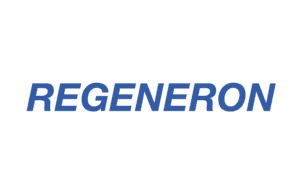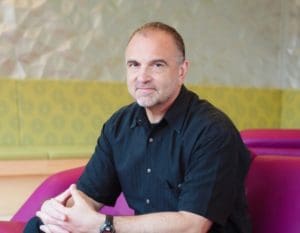 The speed that pharmaceutical companies developed COVID-19 treatments and vaccines was “seemingly miraculous,” said Dr. George Yancopoulos, co-founder of Regeneron (NSDQ: REGN), in remarks when receiving a Titans of Global Health award.
The speed that pharmaceutical companies developed COVID-19 treatments and vaccines was “seemingly miraculous,” said Dr. George Yancopoulos, co-founder of Regeneron (NSDQ: REGN), in remarks when receiving a Titans of Global Health award.
“But these miracles were actually born many decades earlier,” he said at the virtual event ceremony from the American Friends of the Hebrew University.
NIAID director Dr. Anthony Fauci and fellow Regeneron co-founder Dr. Leonard Schleifer also were honored at the event.
Scientists had been working on mRNA on vaccines for more than a decade before the emergency use authorizations of COVID-19 vaccines from Moderna (NSDQ:MRNA) and Pfizer (NYSE:PFE). “Similarly, the technologies we use to develop our REGN-COV2 antibody cocktail were not available 10 or 20 years ago,” shared Yancopoulos, who is currently president and chief scientific officer of Regeneron. “We had to invent them and perfect them.”
The antibody treatment owes its existence to Regeneron’s research on Ebola, which also inspired research on the COVID-19 treatment remdesivir from Gilead Sciences (NSDQ: GILD). Last year, Regeneron’s Inmazeb became the first FDA-approved treatment for Ebola. Like REGN-COV2, Inmazeb is an antibody cocktail.

George Yancopoulos. Image courtesy of Regeneron.
After the SARS-CoV-2 virus emerged, Regeneron began designing an antibody cocktail that would effectively treat and prevent COVID-19 while also withstanding viral mutations. “Fast-forward to today, and large Phase 3 studies of thousands of people have proven that REGN-COV2 is an effective treatment for those already infected and suffering from COVID-19, dramatically reducing hospitalization or death by 70%,” Yancopoulos said.
In people who are not yet infected but at high risk of contracting COVID-19, clinical trial data indicate that REGN-COV2 reduces symptomatic infection risk by more than 80%. One week after treatment, protection climbs to more than 90%. “This could prove lifesaving for the millions of Americans who are immunosuppressed,” Yancopoulos said.
In addition to having received emergency use authorization in the U.S., several other countries have authorized its use, including most recently India.
“This pandemic has hopefully reminded the world that science is the solution to many of the global existential threats we face, but we need to invest in it every day,” Yancopoulos concluded.